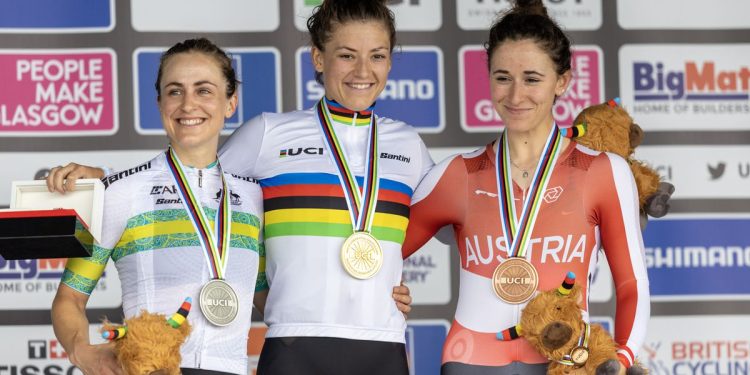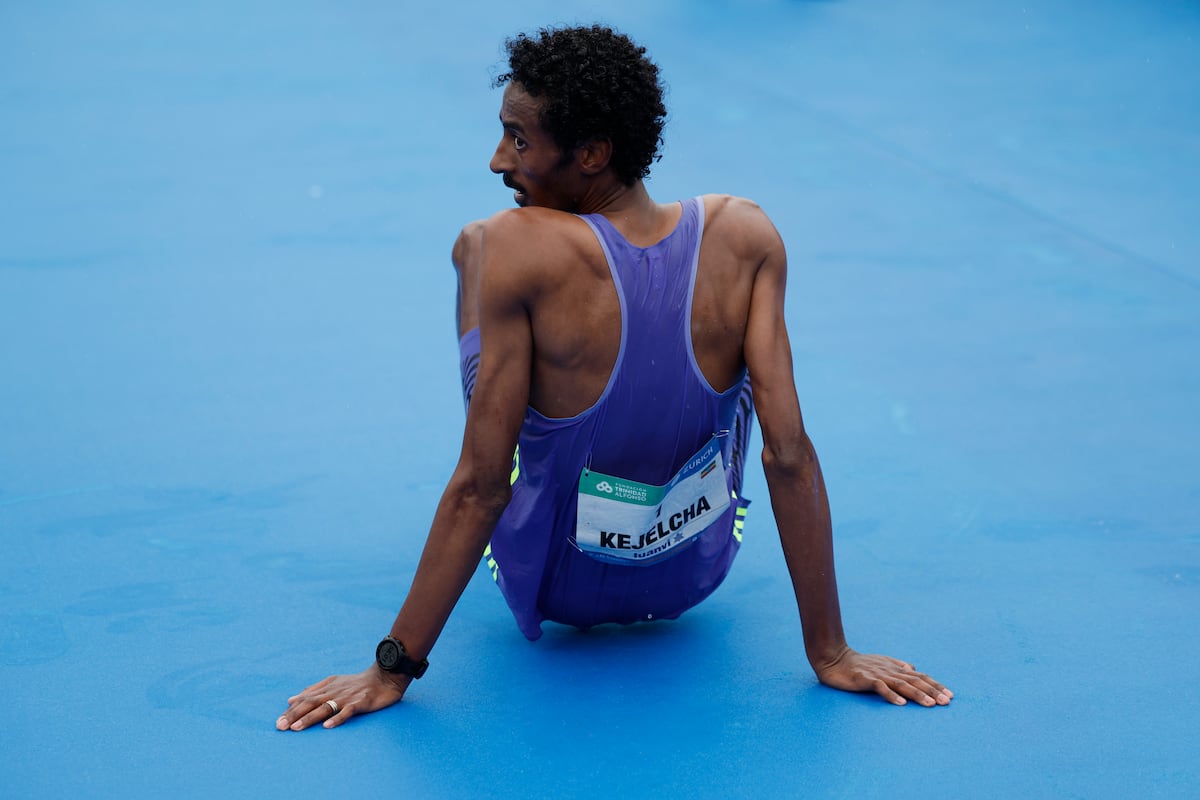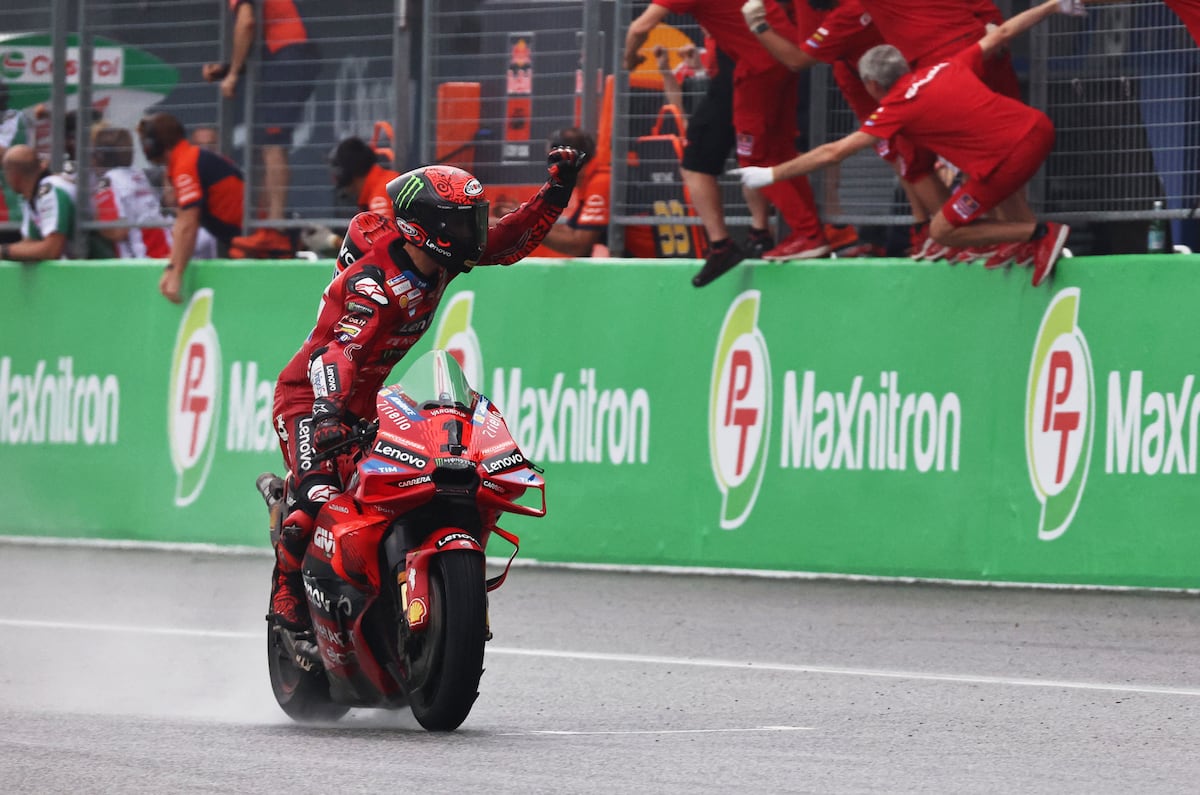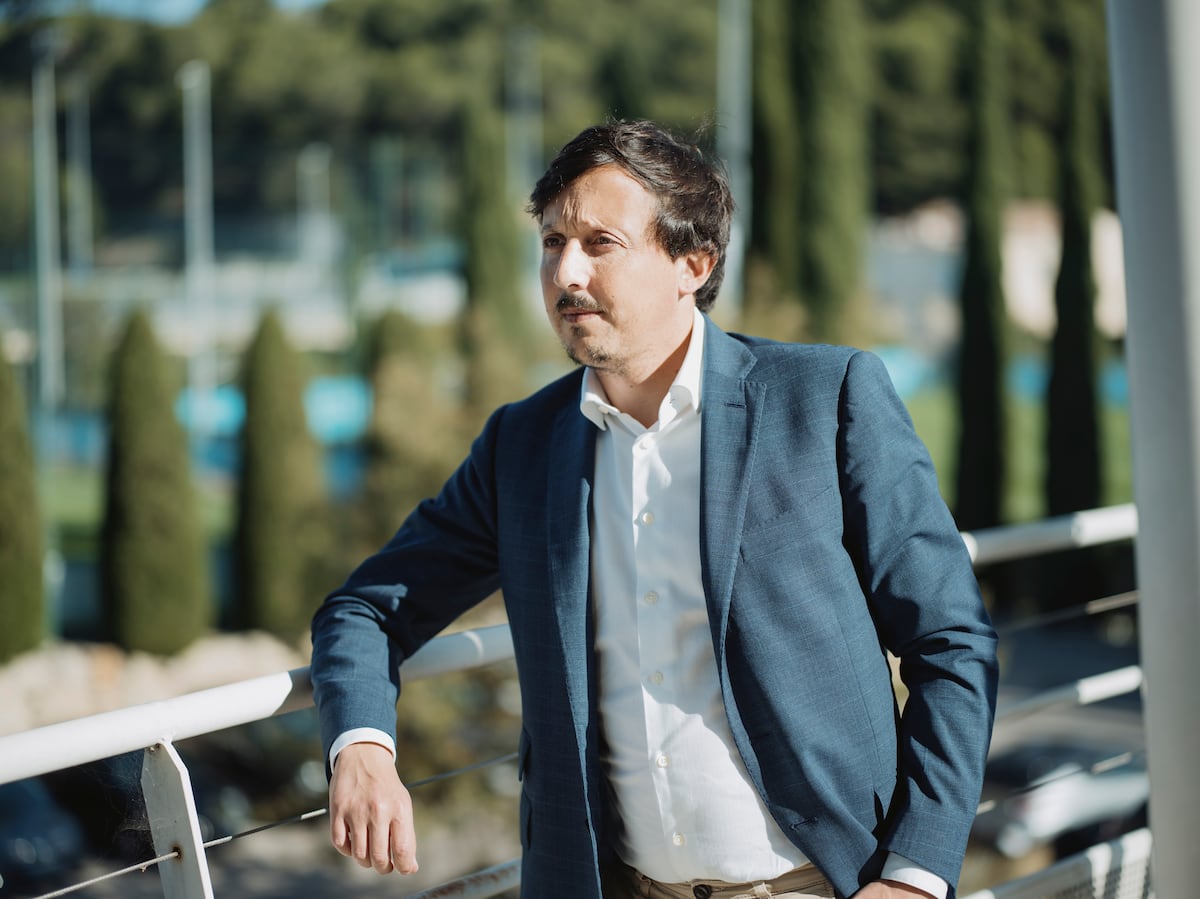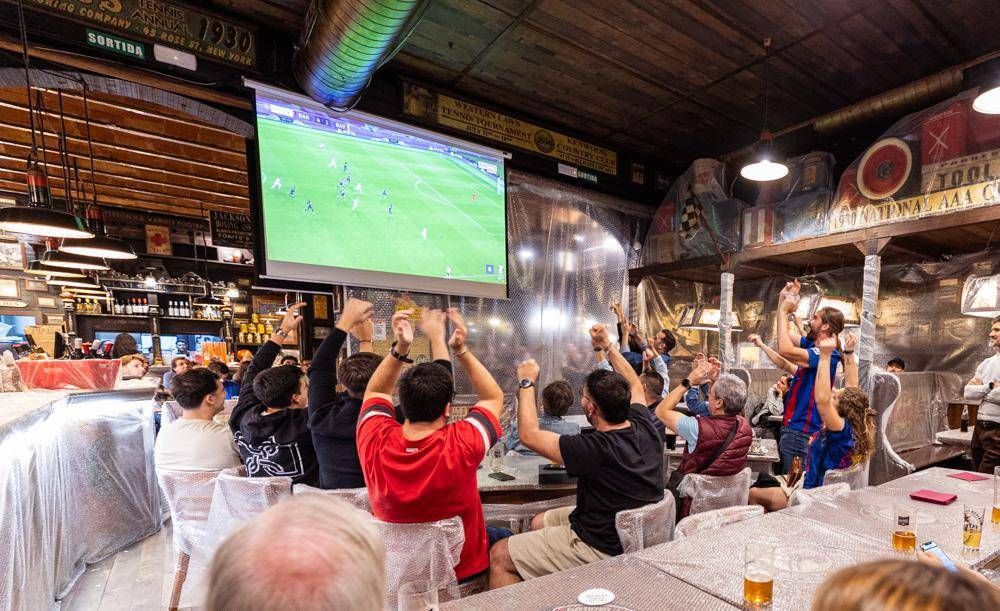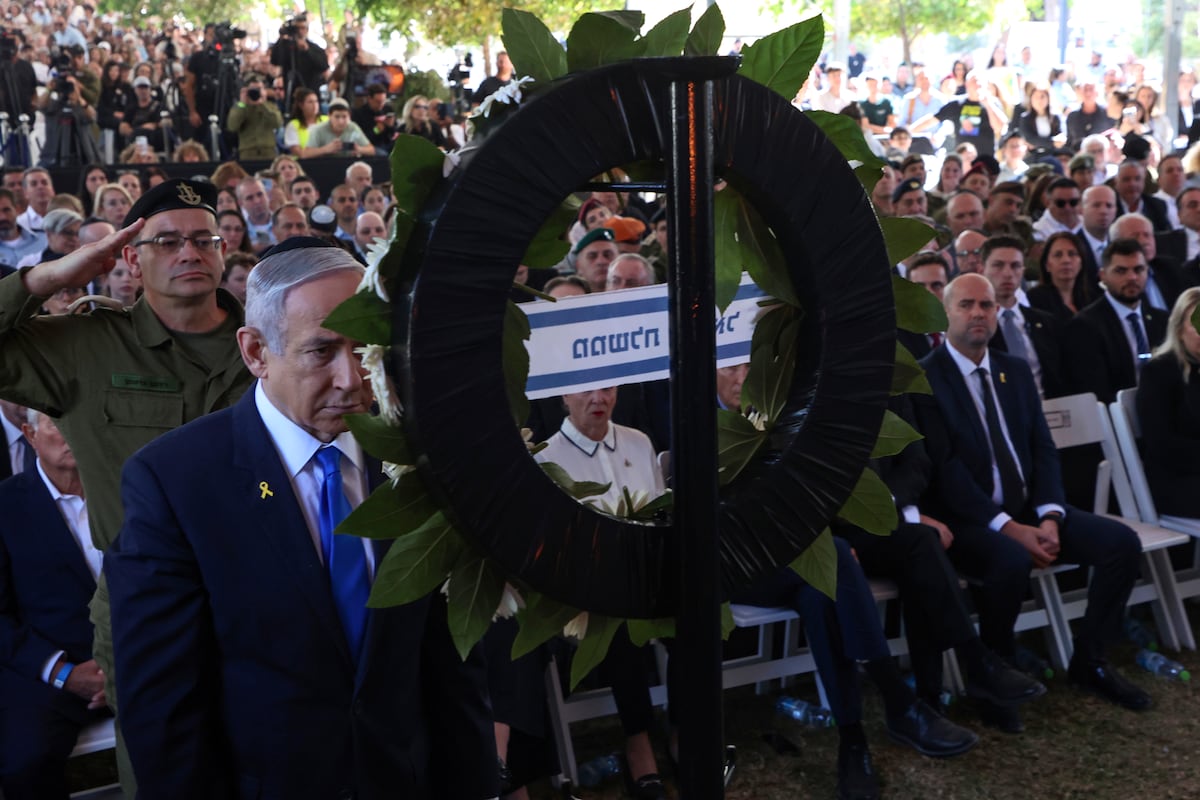Everything was perfect in the life of Chloe Dygert, the youngest cyclist to wear a rainbow time trial jersey. In 2019, through the Yorkshire countryside, along the cobblestones of Harrogate, the city that was suddenly the world center of cycling as it had been years before the Eurovision Song Contest, the American runner was the fastest. She flew to get the gold.
He was 23 years old and had a great future ahead of him, but twelve months later, in Imola, misfortune crossed his bicycle. The World Cup again, she again a favourite. She grabbed the triathlon handlebars, she took a very fast curve, too fast, she could not rectify and fell on her left side, on top of the metal guardrail that cut her knee like a butcher’s knife. Her adrenaline hid her pain from him, she wanted to run back, but she looked at her leg, almost dangling. The television images caused chills. The stretcher, the ambulance, the hospital, the emergency operation and a long recovery process. For fourteen months she stayed away from the roads, due to a knee injury and other health problems: the Epstein-Barr virus and heart surgery that she had to undergo for a tachycardia problem.
Nothing was going to be like before, or so it seemed when he returned in May. “I think this injury will accompany me for the rest of my life,” he commented at the beginning of the season. “Blood flow is not normal nor will it ever be the same again”, he revealed, “but I can’t complain because I can compete and perform. It’s a blessing to be back and I’m not going to complain, that’s the way things are and that’s the way they’re going to be, and nothing happens”.
Positive in misfortune, but pessimistic on Wednesday, the eve of the Glasgow time trial, because a severe cold prevented her from breathing normally. Her voice became a thread. “I didn’t know if she was going out,” she confessed. But she came out of it, quite early to be a World Champion, because since her accident in Imola her rankings have relegated her. She reached the finish line on Thursday and her time was far better than her predecessors. Only in the last kilometre, on the cobblestones of Broad Street and the demanding Castle Wind road to Stirling Castle, did she slow down somewhat from her albeit averaging 46.2km/h. She had to wait in the hot chair, with the phone in her hand, pending the records of her competitors.
But no one was up to it. The favorite, Marlen Reusser, got off her bike before the second checkpoint. She shook her head before stopping her pedaling and sitting on the grass, staring into space. She wasn’t going. The fall of the mixed time trial took its toll on her at the worst moment, and she left the field free to Dygert, who from her chair saw how her companions on the podium were changing while she remained immovable on the throne.
Only the Australian Grace Brown began to worry her as the 36 kilometers of the race passed. She fell to half a minute at the first time control, dropped to twenty at the second, and when she reached the gates of the castle, she was six short of taking first place. She was left wanting. “The last 16 kilometers seemed very long for me,” Dygert pointed out. “After a certain point, she wouldn’t catch her breath and the fatigue set in. She did everything she can to get to the finish line, I’m lucky it was enough.”
The surprising Austrian Christina Schweineberger was third, who did not enter the pools but slipped into Olympus, along with Brown and Dygert, again dressed in the colors of the rainbow. “I have no words, it has been a very long three years.”
You can follow EL PAÍS Sports onFacebook andTwitteror sign up here to receiveour weekly newsletter.

